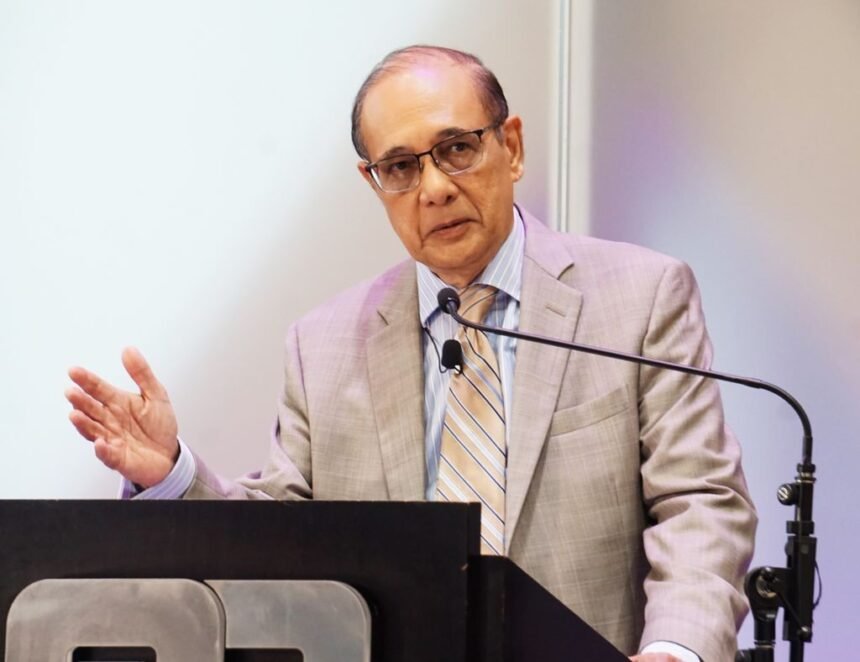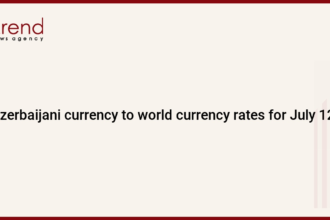(Trinidad Guardian) Prime Minister Kamla Persad-Bissessar says the proposed legislation to expose foreign exchange “cartels” will be coming to the Parliament this year and the Government is already working on drafting it.
Meanwhile the Attorney General has assured that the government is fully within its authority to amend the Central Bank Act to implement these measures.
On Sunday, Guardian Media exclusively reported that the Government would be proposing legislation to compel the Central Bank of Trinidad and Tobago (CBTT) to disclose to the public how foreign exchange is allocated.
Prime Minister Kamla Persad-Bissessar told Guardian Media, “This will expose the forex cartels and show citizens how the banks have worked to crush SME’s (Small and Medium-sized Enterprise) and concentrate wealth in the hands of a few people.”
Asked yesterday when the legislation will be coming to Parliament, the PM responded, “This year. We are already working on it.”
Guardian Media asked the PM if the legislation would also compel commercial banks to reveal how they distribute foreign exchange.
The PM would only say, “The legislation is solely aimed at providing public transparency and accountability in the distribution of forex.”
However, Section 56 of the Central Bank Act of Trinidad and Tobago is a key provision that deals with the duty of secrecy and the penalties for disclosing confidential information.
The full title of the section is “Secrecy and penalty for disclosing information.” In essence, it prohibits the unauthorised disclosure of information related to the business of the Central Bank or its customers.
The act applies to the Governor, directors, officers, and employees of the Central Bank. They are required to maintain secrecy regarding all matters relating to the Bank’s business.
The section is also meant to specifically protect the confidentiality of the affairs of financial institutions and other customers of the Central Bank.
Guardian Media asked AG John Jeremie if the proposed legislation would be in contravention of the CBTT Act.
However, responding via WhatsApp Jeremie explained, “the Act represents a policy position. It is open to the Government to decide on policy matters and to legislate for changes to the law.”
The controversy with former Governor Jwala Rambarran stemmed directly from this section. By publicly naming the largest foreign exchange users and the amounts they utilised, he was accused of violating the duty of secrecy that is a cornerstone of the Central Bank Act.
Meanwhile In the PM’s scathing critique of this country’s foreign exchange system she also declared that EximBank (Export-Import Bank of Trinidad and Tobago) has “failed to function properly and fairly.”
A recent newspaper article revealed EximBank data showing that from 2020 to mid-2025, US$1.4 billion in foreign exchange was distributed to 123 companies under the essential window, with pharmaceutical and poultry firms receiving the largest share.
On September 4, Central Bank Governor Larry Howai disclosed that EximBank received US$600 million, representing roughly 27 per cent of the Bank’s total US$2.2 billion foreign exchange intervention.
During a post-Cabinet media briefing in May at the Red House, the Prime Minister promised to take strong action on foreign exchange distribution. She stated that the government would prepare a report on forex allocation and leakages over the past ten years, which would be made public.
Responding to Central Bank Governor Howai’s recent remark that there was “no evidence” of a forex cartel, the PM contended that he had only spoken based on the information available at the time and that evidence would emerge in due course. She also reaffirmed her confidence in Howai, praising his performance since becoming Governor.




















